
Equity and Diversity at FLEET
Women are under-represented in science, particularly in physics. In this regard FLEET is no exception. We are taking steps to improve this.
Read our Case Study
Diverse teams do better science. By improving our performance with respect to gender equity and diversity, we are not only doing what’s fair, we are also creating a more effective research team.
A priority for FLEET in 2020 was increasing representation of women at higher levels. We have achieved this, increasing female representation among the Centre’s advisers and liaisons who guide FLEET management and scientific directions from 21% in 2019 to 32% now.
Furthermore, FLEET has also attracted new female investigators to join the research team, which has increased female representation among investigators from 17% in 2019 to 22% now. However, we are still below our overall target of 30% representation of women at all levels.
FLEET's New female investigators
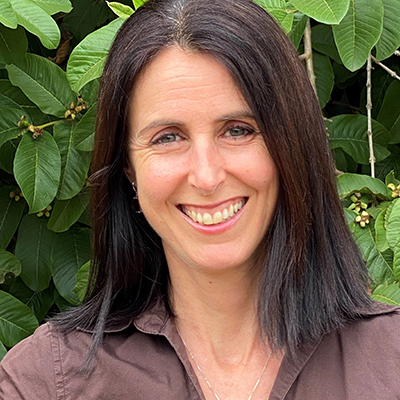
Esther Levy
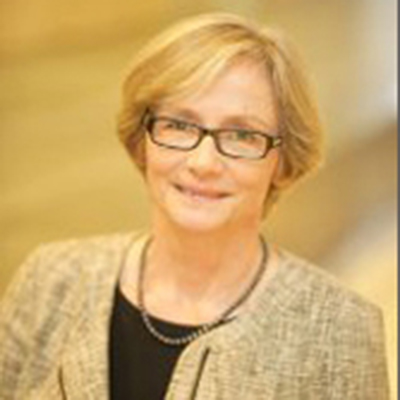
Joanna Batstone
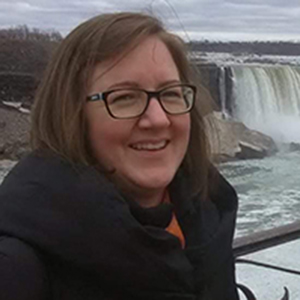
Karen Livesey
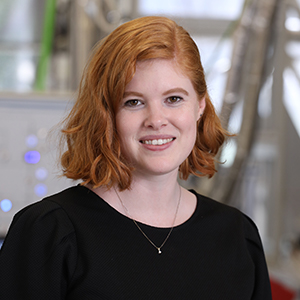
Karina Hudson
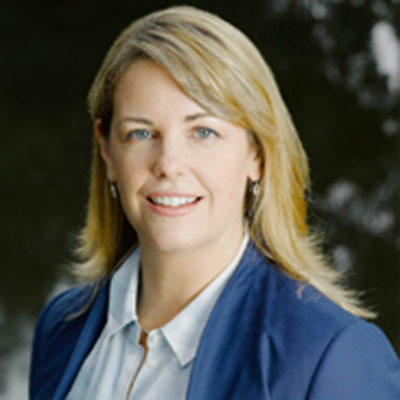
Rebekah Brown

Tamalika Banerjee
Fixing the infamous ‘leaky pipeline’ involves both retaining female researchers and recruiting more. While we have successfully retained women in 2020 (with the help of Women in FLEET scholarships and Fellowships), Covid-19 restricted our ability to recruit, and this will be a significant focus in 2021.
FLEET’s recruitment in its first two years drew from the existing pool in physics, material science and engineering, which unfortunately have a relatively low percentage of women.
FLEET’s Women in FLEET Fellowships and strategic grants have allowed the Centre to increase the percentage of women at early-career researcher (ECR) and associate investigator levels, to above the average in physics.
The Centre’s Women in FLEET scholarships for higher-degree research students will assist ECRs at the beginning of their science career.
Redressing historical disadvantages for women in physics provides many complex challenges, and our actions must cut across all of FLEET’s strategies and policies. Internal surveying of experiences and attitudes (see case study) helps maximise the chance of success for these changes.
See more at FLEET.org.au/equity
Read our Case Study
Looking after our people in 2020.
Covid-19 and related restrictions did not hit everybody equally, with research showing that early-career researchers and in particular young women, have been disproportionately affected.
In response to this, and informed by a specific ‘pandemic and you’ survey of our members, FLEET:
- Ran career training for early-career researchers who will be job hunting post pandemic
- Offered write-up scholarships for Honours and PhD students. See the Case Study.
- Reduced KPI requirements for hours of outreach, so as not to put undue pressure on people already struggling
- Incorporated a mental-health and wellbeing panel into the Centre’s annual workshop, with key members frankly and honestly sharing their experiences and challenges, successfully encouraging others to also share.
Equity-related training
To help FLEET become more aware of unconscious bias and other barriers to cultural and gender diversity and inclusion, each year every FLEET member must attend at least one training workshop or training session in equity, diversity and inclusion.
Members may undertake any training and development opportunity of their choice, including face-to-face sessions, webinars or online modules. We believe that letting individuals select training that matches their personal situation and areas of interest will offset some of the ‘equity fatigue’ that can sometimes accompany mandatory training.
The FLEET website, intranet and newsletter provide links to resources and opportunities available at individual nodes, as well as those provided by FLEET partner the Diversity Council Australia (DCA), which provides a wide toolkit of knowledge programs, research, practical tools and events.
Centralised equity training in 2020 included:
- Wikipedia – editing training focused on minority scientists
- LGBTIQ+ – awareness panel
- Modelling gender gap in STEM: Session in FLEET annual workshop
- Women in Leadership Australia leadership training. See the Case study.
This included valuable Ally-network training on lesbian, gay, bisexual, transgender/gender diverse, intersex and queer (LGBTIQ+) ally and gender issues via universities or other organisations. Individual members also chose training in transgender awareness, LGBTIQ+ inclusion, the #IncludeHer movement, making flexibility work, respectful workplaces and diversity fatigue.

- Raising members’ awareness through training on equity, diversity and inclusion topics
- Sharing information on diversity and inclusion resources at FLEET nodes for members
- Fostering an inclusive and equitable workplace culture, including support for members with family responsibilities
- Establishing career-support initiatives for women in FLEET
- Operating a women-specific mentoring network
- Increasing diversity among all cohorts of researchers:
- Attracting high-performing students via Women in FLEET Honours and PhD scholarships
- Retaining female researchers in STEM via Women in FLEET Fellowships.

- Increased representation of women at higher levels
- Surveyed our members on Covid-19 and equity issues
- Increased the visibility of women in FLEET in outward-facing communications
- Run career training for PhD students affected by Covid-related issues
- Invested in future female science leaders, with training under Women in Leadership Australia
- Extended Women in FLEET funding to higher degree by research (HDR) student scholarships
- Instigated write-up scholarships for PhD students
- Provided an avenue for easy feedback about any experiences of an exclusive environment or discrimination.

- Expand focus of equity programs to include Indigenous Australians, LGBTQI, cultural diversity and people with disabilities
- Build on learnings from 2020 to implement best-practice flexible, accessible work models
- Continue write-up scholarship support for PhD students impacted by Covid-19
- Implement more priories informed by 2020 member survey (eg, celebrating diversity, building understanding of different cultures, building awareness of inappropriate behaviour)
- Further implement FLEET-wide culture awareness
- Work with Diversity Council Australia to provide training on equity, diversity and inclusion.